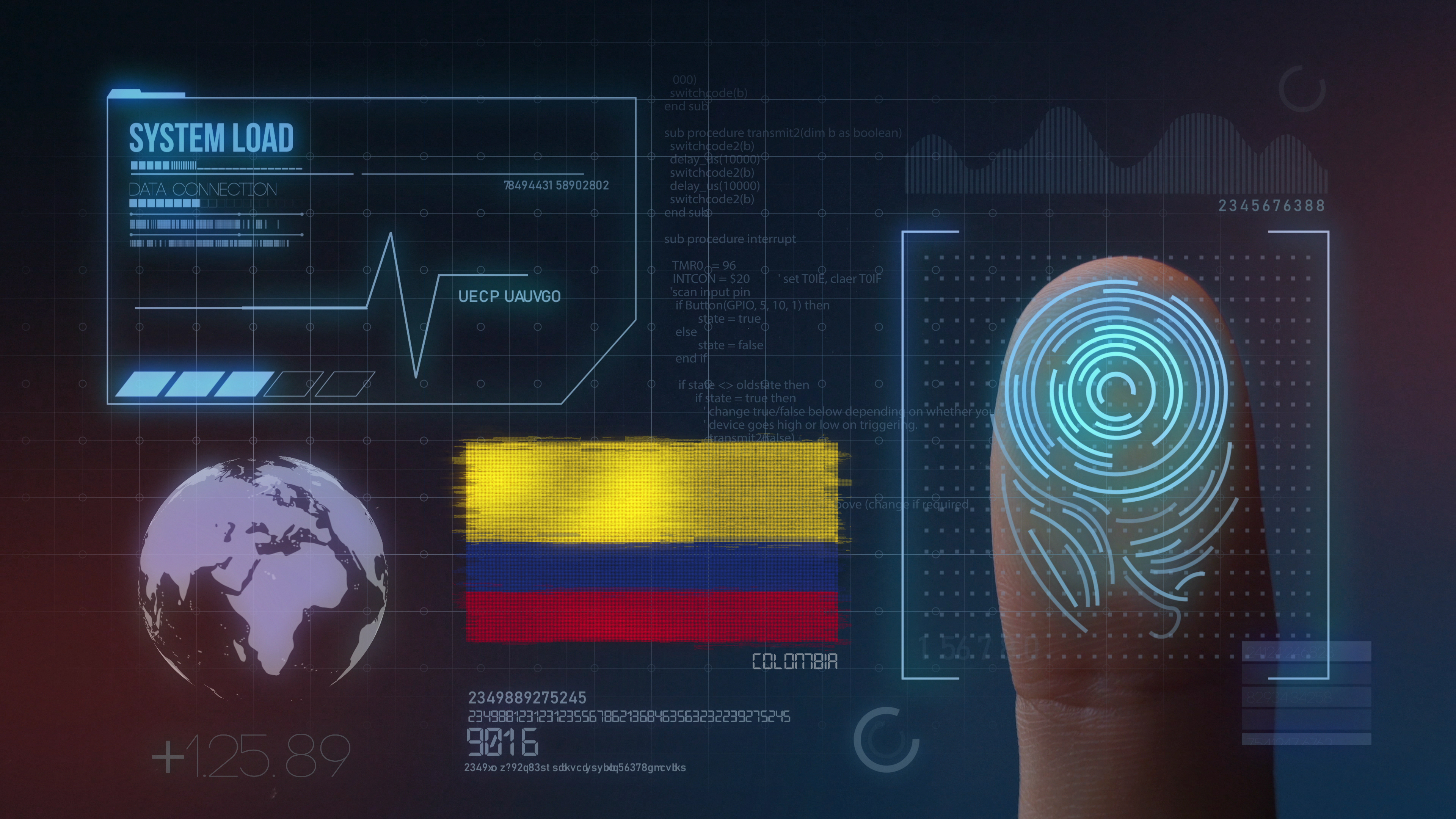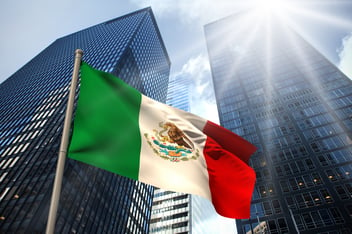In this article you will find:
Compliance with KYC (Know Your Customer) in Colombia is a cornerstone for the proper and ethical functioning of financial institutions: it is the link that establishes a relationship of trust between financial entities and their clients. In this post, I discuss everything about this topic!
KYC in Colombia is a crucial mechanism for maintaining transparency and preventing illicit activities such as money laundering and terrorism financing in the financial system.
As its name suggests, Know Your Customer (KYC) focuses on the fundamental principle of understanding the users of financial services and deeply comprehending:
- Who they are.
- What their financial activities are.
- What their needs are.
This not only involves verifying their identity and financial history but also continuously monitoring their transactions to detect any suspicious activity.
KYC protects financial institutions from being used for criminal activities, safeguards the integrity of the financial system as a whole, and protects the customers themselves.
And it is precisely for these three reasons that it has become a fundamental element in the field of digital business. That's what I'll talk about today, the KYC process in Colombia, and the necessary steps to carry it out. In this article, you will see:
- What KYC is
- Why it is so relevant
- How customer identification is carried out in Colombia
- Documents and procedures required to comply with KYC
- Carry out your KYC process with Truora
What is KYC?
KYC, or Know Your Customer, is a set of procedures used by financial institutions to verify the identity of their customers and assess the potential risk of doing business with them.
This process involves collecting a wide range of information about customers, including their identity, financial activity and source of funds.
The main objectives of KYC are to prevent:
- Fraud
- Money laundering
- Terrorism financing
Why is it so relevant?
In Colombia, KYC is an indispensable tool for combating money laundering and terrorism financing. As a country with a growing economy and an increasingly sophisticated financial sector, it faces a number of challenges in terms of financial security.
Money laundering, in particular, has been a persistent problem due to the presence of criminal groups and organizations seeking to use the financial system to legitimize illicit funds.
Preventing fraud and protecting the financial system
KYC ensures that financial institutions know their customers and can identify any suspicious activity.
By collecting detailed information about customers' identities and financial activity, institutions can detect unusual patterns or suspicious transactions that may indicate criminal activities such as money laundering or terrorism financing.
This allows them to take preventive measures to prevent their services from being used for illicit activities and to protect the integrity of the financial system as a whole.
Regulatory compliance and responsibility
In addition to preventing fraud and protecting the financial system, KYC is also crucial for ensuring compliance with current regulations and regulations in Colombia.
Financial institutions are subject to a number of laws and regulations designed to prevent money laundering and terrorism financing, and KYC compliance is a fundamental requirement for compliance with these regulations.
By verifying the identity of your customers and collecting information about their financial activity, you are up to date with compliance and avoid sanctions from regulatory authorities.
Building trust and transparency
In addition to its benefits in terms of financial security and regulatory compliance, KYC also plays an important role in strengthening trust and transparency in the financial system.
By demonstrating your commitment to preventing fraud and protecting your customers, you help the sector build trust among consumers and strengthen its reputation in the market.
This, in turn, can drive growth and stability in the financial system as a whole, creating a safer and more reliable environment for all involved.
How is customer identification carried out in Colombia?
Customer identification is a critical process that is carried out in two main ways:
- In-person verification.
- Remote verification.
Each method has its own characteristics and requirements, but both focus on ensuring the authenticity of the customer's identity and complying with KYC standards effectively.
In-person verification
This is a traditional method that requires the customer to physically present themselves at the financial institution to be identified and verify their identity. This process usually involves presenting original identity documents, such as the citizenship card, identity card or passport.
Additionally, it may require interviews or signing forms to confirm the authenticity of the information provided.
One of the key benefits of in-person verification is its level of security and reliability. By interacting directly with the customer, employees of the financial institution can more effectively verify the authenticity of the documents presented and confirm the customer's identity.
This significantly reduces the risk of fraud and ensures that adecuadamente KYC standards are properly met.
Digital verification
On the other hand, digital verification has gained popularity in recent years thanks to technological advancements and the increasing adoption of online financial services.
This method allows your customers to complete the identification process without the need to physically visit a bank branch, offering greater convenience and agility.
It is carried out through secure digital platforms that allow customers to upload digital copies of their identity documents and complete the entire process online, including security questions and specific validation actions.
Although digital verification offers advantages in terms of convenience and accessibility, it also poses challenges in terms of security. It is essential for financial institutions to implement robust cybersecurity measures and identity verification to protect the integrity of the process.
This includes the use of facial recognition technologies, document analysis, and real-time identity verification systems.
Documents and procedures required to comply with KYC in Colombia
Compliance with Know Your Customer (KYC) in the Colombian financial industry involves collecting various documents and conducting specific procedures to verify customers' identities and assess their level of risk.
Here are the details:
1. Official identification document
The first step in KYC compliance is verifying the customer's identity.
To do this, a valid official identification document, such as the citizenship card, identity card or passport, is required. These documents are essential to confirm the customer's identity and ensure that the information provided is truthful.
2. Proof of residence
In addition to the identification document, financial institutions usually require proof of residence to confirm the customer's current address.
This may include utility bills, bank statements or other official documents demonstrating the customer's residence. Proof of residence is important to ensure that the information provided by the customer is accurate and up to date.
3. Financial information
In some cases, financial institutions may require additional information about the customer's financial situation as part of the KYC process.
This may include bank statements, income statements or any other relevant documentation demonstrating the customer's financial solvency.
This information is crucial for assessing the level of risk associated with the customer and determining whether they meet the financial institution's requirements.
4. Completion forms
In addition to the required documentation, financial institutions may require the customer to complete specific forms as part of the KYC process.
These forms may include questions about the customer's financial activity, credit history or sources of income.
- The financial activity of the client.
- Their credit history.
- Their sources of income
Filling out these forms is essential for collecting additional information and ensuring compliance with the financial institution's requirements.
Carry out your KYC process with Truora
In conclusion, compliance with Know Your Customer (KYC) is a fundamental process in the Colombian financial sector to ensure safety, transparency, and legality in financial transactions.
Truora is a pioneer in offering innovative solutions for KYC compliance, standing out for its secure and efficient platform that facilitates customer identity verification.
The possibility of carrying out all these procedures directly through WhatsApp represents a significant advance in simplifying and digitizing the KYC processes in Colombia.
If you want to know more about the subject, learn about the use cases of KYC and AML to understand how Truora simplifies user registration while complying with KYC/AML regulations and keeps you free from fraud.






